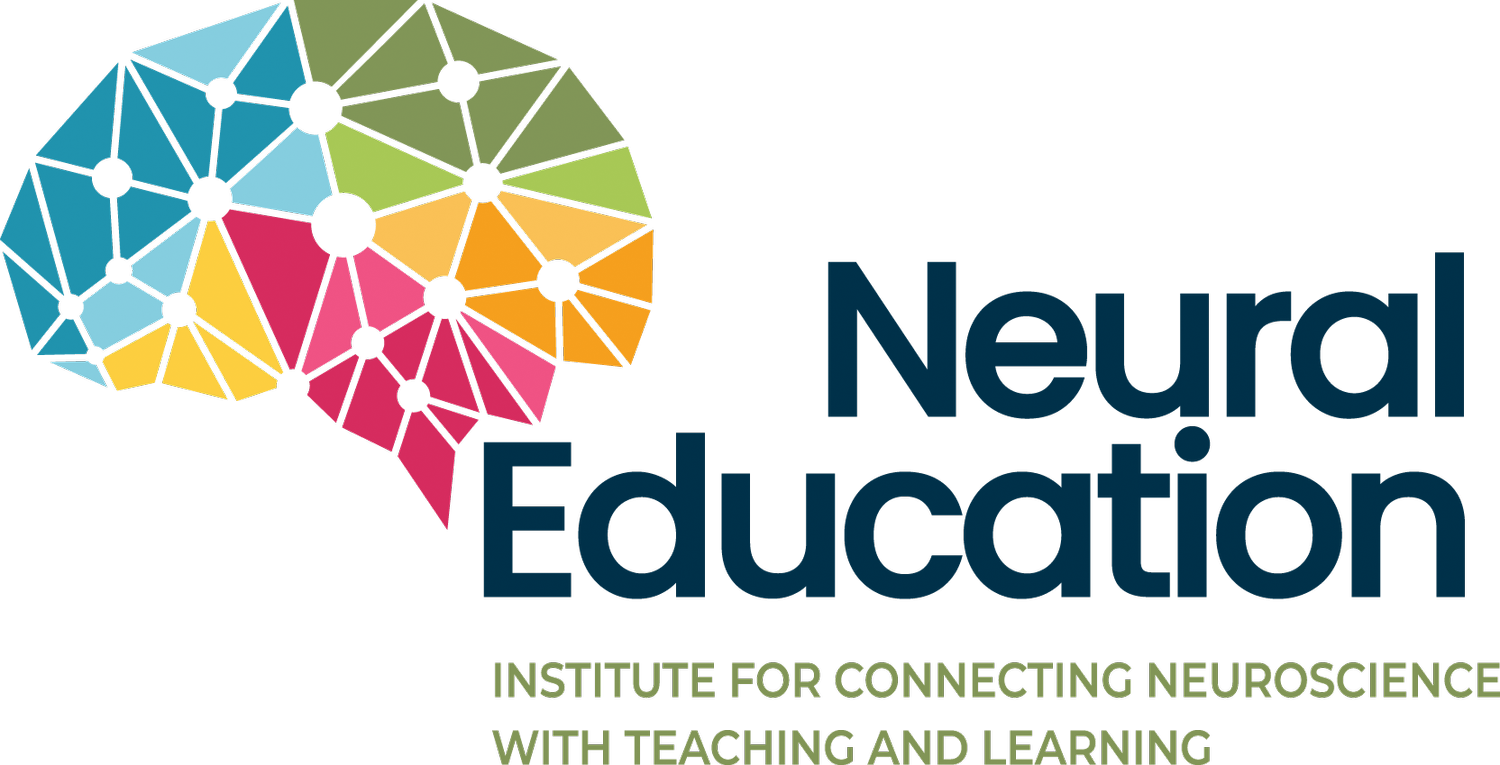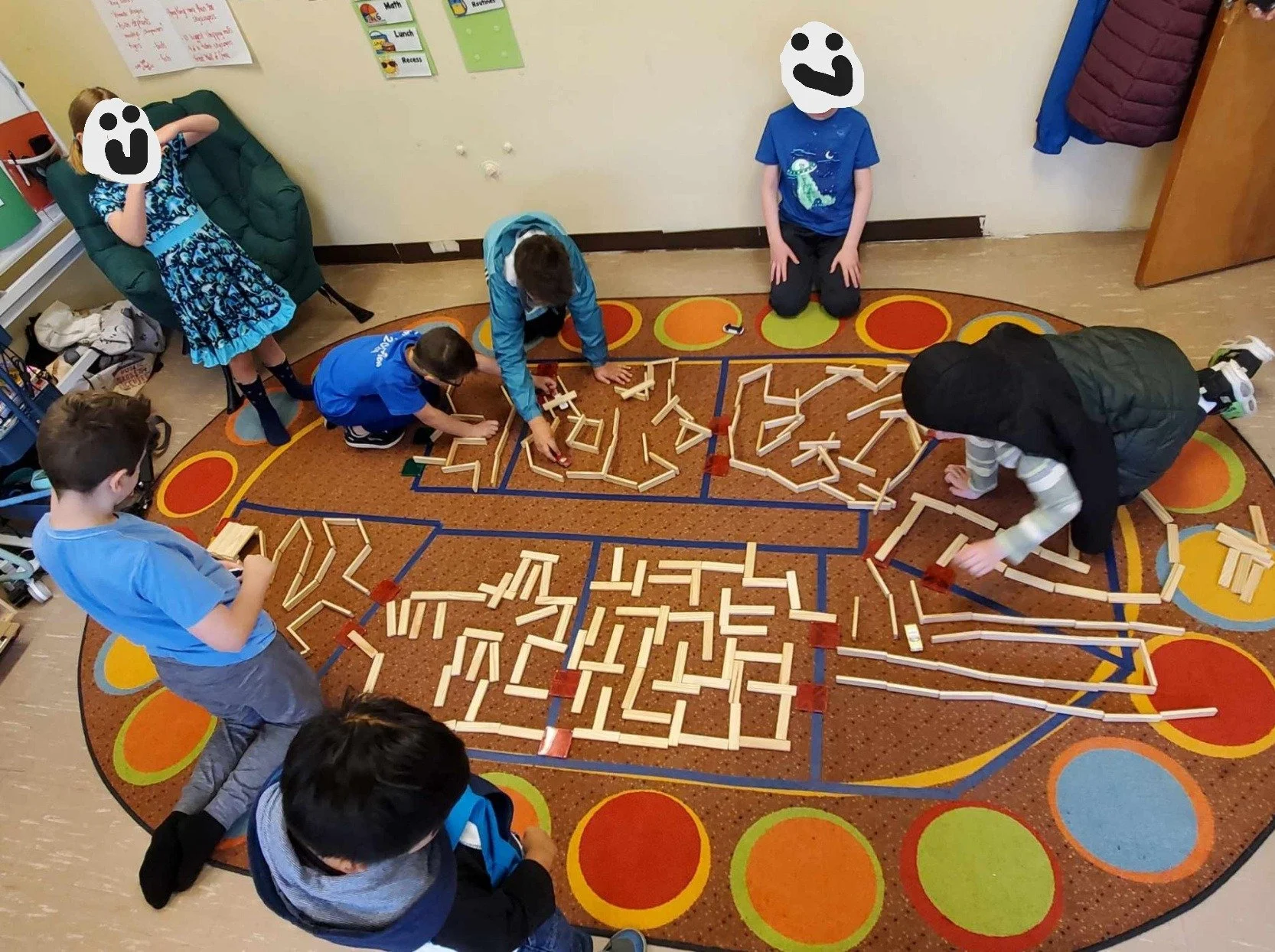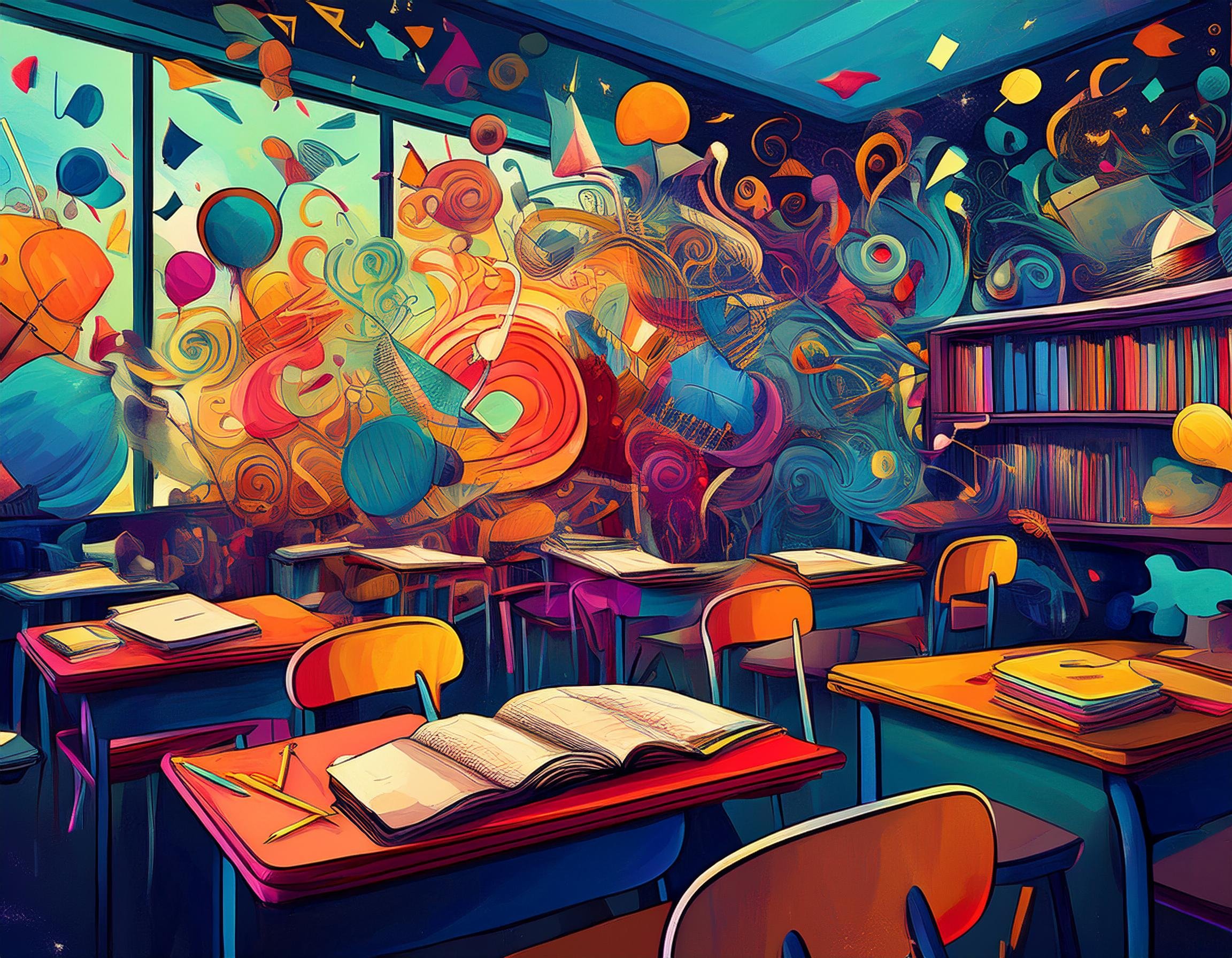Blog & Media
Neural Ed Meets TED: Brain-Based Strategies to Capture Attention
We are teaching the first generation of “cell phone babies”. How can we grab and hold their attention?
Small gestures, big bonds, and the science of belonging
“We may not always become best friends in class, but we can be the best allies. We are all here to learn.”
The Teenage Brain - Can Understanding It Help Improve A Difficult Class?
I decided to approach the challenges this class presented through a “neural lens” and see how the brain research I’ve done could be applied, and if it might make a difference.
Reflections from Our First Equity Institute: Growing in the Greenhouse
We held our first Equity Institute last January, and I’m still sitting with all that it surfaced for me. There were moments of pride and moments of deep discomfort. Moments of love, awareness, guilt, and unintentional harm. I left the space wondering: What did we get right? What did we miss? And where do we need to grow?
Tuning Into Our Inner Signals: The Power of Interoceptive Awareness in the Classroom
In the whirlwind of teaching, we often miss the signals our bodies are sending us. It’s easy to see how our students might experience something similar, especially if they haven’t yet learned to notice or understand these internal messages.
The Power of Hope Molecules: Why Movement Belongs in Every Classroom
As our understanding of educational neuroscience grows, we're recognizing that movement is fundamental to learning and emotional well-being.
Bust a move
“Where are my movers and shakers?” I say, as my students bounce balls to Lady Gaga jamming in the background.
Serious About Learning? It’s Time to Play!
Research in neuroscience confirms what many of us as educators have witnessed firsthand: play is not just a break from academic learning—it’s a foundation for cognitive, social, and emotional growth.
Centering Student Voice and Building Equity: Five Insights from Street Data
In the continually evolving landscape of education, the importance of centering student voice and fostering equity cannot be overstated. The book, Street Data, by Shane Safir and Jamila Dugan, provides a transformative framework for educators.
Mindfulness Within Reach: Helping Every Student Find Their Moment
Helping students access the benefits of mindfulness starts with a mindful approach from educators. By honoring the diversity of our learners and celebrating their progress, we can make mindfulness a practice that feels achievable for everyone.
The Messages Students Receive
“A lot of scientific evidence suggests that the difference between those who succeed and those who don't is not the brains they were born with, but their approach to life, the messages they receive about their potential, and the opportunities they have to learn.” - Dr. Jo Boaler
Listen to this playlist and call me in the morning
There is new science to support the claim that music can be used to strengthen and heal our brains. As a classroom teacher, I am curious how some of these discoveries can be used to help “strengthen and heal” learning in the classroom.
4 Summer Reads for Educators: Including neuroscience and a novel
How do teachers and administrators spend their summer down time? Essentially, we spend these weeks taking care of responsibilities we’ve had to put off because of the all-encompassing work of teaching. While I’m waiting at the service center or the doctor’s office, I often like to read, maybe you do, too?
Embracing a Growth Mindset Through Neuroplasticity
Adopting a growth mindset, which asserts that abilities and intelligence develop through effort and learning, is vital for building resilience. We can all form new neural connections and intentionally myelinate neural pathways of resilience.
The Transformative Power of Hope Molecules
Imagine a world where our bodies generate molecules of hope—molecules that travel through our bloodstreams and uplift our spirits.
Getting Your Groove In The Classroom
If something as simple as playing music when students enter the classroom could have such a profound effect, I wondered how else could it be used in the classroom.
The Limits of Big Data
We’ve been digging into Street Data by Shane Safir and Jamila Dugan and their insights into our over-reliance on big data to improve education.
The calm before the storm: Leaning into disequilibrium
The end of the year often offers us moments of quiet reflection. There’s something about the shortening of daylight and the slide into darkness earlier and earlier each day, crisp, cold air, and the twinkling lights of a fire that nudges our bodies and brains toward stillness.
Essentials of Working Memory: 3 Facts
Recently, I had a student who had missed several days in a row while we were working on a research project in the classroom. He asked the question that most students will ask when they’ve been out of the classroom for an extended period of time: “What did I miss?”
"A Teacher & Student's Juggling Act"
In elementary school, my PE teacher announced that we were doing a unit on juggling. As a high school teacher now, I cannot imagine the bravery



















